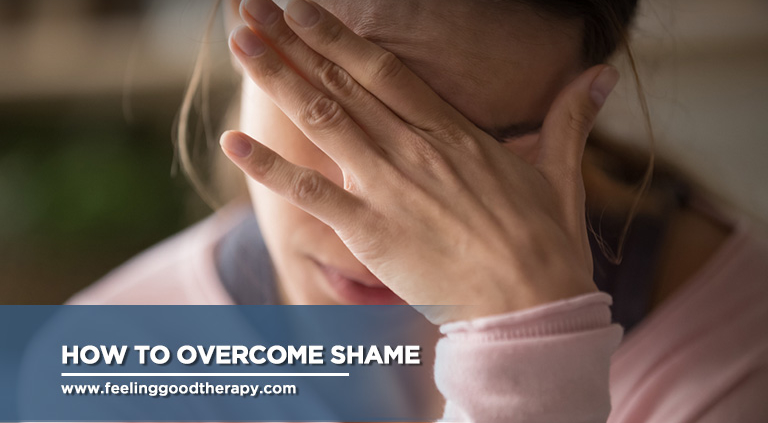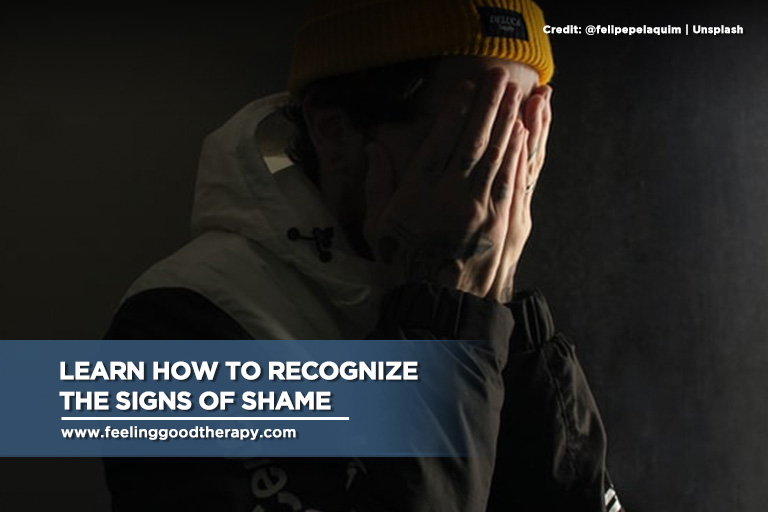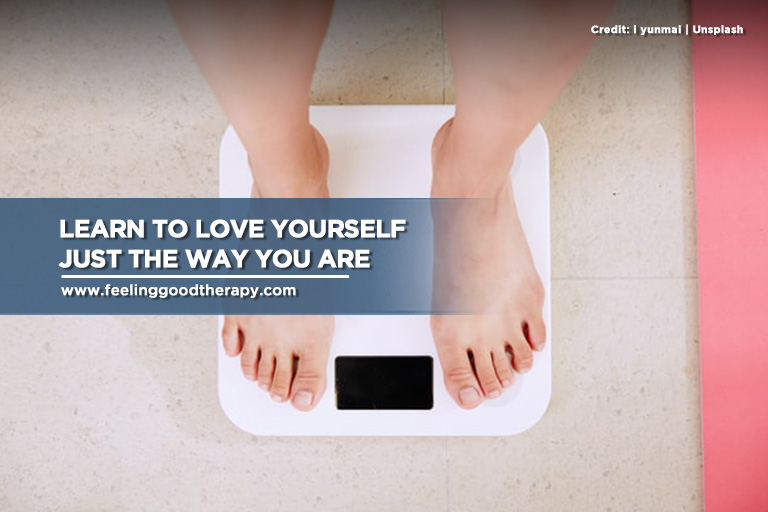How to Overcome Shame
We all experience feelings of shame from time to time. Though these feelings sometimes pass relatively quickly, they can often linger for longer than we’d like and lead to self-destructive behaviors even among the most confident people. Shame can be difficult to identify, whether it’s concealed by other emotions or disguised as anxiety or depression. Thus, we need to understand what shame is, how to identify it, and what we can do to overcome different types of this emotion. Here is some information about how to overcome shame:
What Is Shame?
Shame can be defined as feelings of embarrassment or humiliation resulting from the perception of having done some immoral, improper, or dishonorable. While it is important when it comes to following laws, adhering to cultural norms, and even having basic social skills, it can also be an extremely negative emotion. It can become problematic when it creates feelings of being fundamentally flawed or unworthy and causes those who have feelings of shame to hide what they are ashamed of.
Signs of Shame
If you’re wondering whether or not you’re experiencing feelings of shame, here are the signs. They are classified into two characters, feelings, and behaviors:
Feelings
- Feeling sensitive, unappreciated, used, rejected, inadequate, or dishonorable
- Worrying about how others perceive you
- Worrying that you aren’t being treated with respect or are being taken advantage of
- Wanting to have the last word
- Being afraid to share your thoughts or feelings
- Being afraid to look inappropriate or stupid
- Fear of failure that outweighs the fear of doing some immoral
- Being a perfectionist
- Feeling different, like an outsider, or feeling left out
- Feeling skeptical of others
- Afraid to be the center of attention
- Being a wallflower
- Shutting people out, withdrawing
- Feeling that you can’t be your true self
- Loss of identity
- Feelings of regret
Behaviors
- Keeping your head down
- Not looking people in the eye
- Slumping your shoulders rather than standing straight
- Feeling frozen
- Being unable to act spontaneously
- Stuttering while trying to speak
- Talking in a very soft voice
- Hiding from others
- Crying when you feel ashamed or embarrassed
Overcoming Body Shame
In today’s society, many of us face challenges when it comes to loving and accepting our bodies. In a highly digital world where the presence of social media has led to constant comparison, we are often feeling ashamed of our bodies and telling ourselves that they aren’t good enough. However, it’s important to recognize that you don’t need to change your body to be able to show it off to the world if that’s what you’d like to do. Here are some tips for overcoming shameful feelings about your body:
- Intentionally choose messages on social media platforms that promote body acceptance and self-love.
- Believe you can love your body as it is.
- Come out of your comfort zone, and don’t keep yourself hidden because you’re ashamed of your body.
Consider that your negative feelings about your body could be wrong and practice more body-positive language toward yourself. - Become more aware of your negative self-talk and the effect you’re having on yourself so that you can entertain your harshness towards yourself.
- Create an inner supporter, using caring, body-positive language towards yourself.
- Practice thanking your body and all that it does for you.
Overcoming Shame and Codependency
For those with codependency, shame can linger for too long subconsciously, leading to other painful feelings and problematic behaviors. Additionally, it can lead to control, caretaking, and submissive, dysfunctional communication with others. It makes people scared to get close to others because they believe themselves to be unworthy of love or are worried about disappointing those with who they do form strong bonds. Their fear of being abandoned by others causes them to flee themselves. To overcome shame and codependency, make sure you’re in a safe environment where you can express yourself, receive acceptance and empathy, and be vulnerable. You can then internalize a new experience, revise your beliefs about yourself, and build positive self-esteem.
Overcome Shame and Anxiety
Mental health disorders involving self-criticism or judgment, such as anxiety can create feelings of shame. This can result from fears of not being able to live up to your own overly high standards, worries that your flaws or inadequacy will be revealed, or social anxiety that may come from being the victim of bullying or being rejected by others. If you feel shame about a certain aspect of your character or something you have been judged for by others, then your best solution is probably to show yourself some self-love.
How to Overcome Shame of Failure
If you fail to meet your expectations or succeed at something, you may feel shame related to failure and disappointment. This is closely related to shame concerning defeat. To overcome the shame of failure, remember that you don’t need to always achieve perfection to be a worthwhile person.
Overcoming Childhood Shame
Childhood trauma or neglect can be a significant cause of internalized shame, shame that has been turned inward. For example, an individual who is abused as a child might experience feelings of unworthiness or other feelings of shame related to their abuse. In this case, identify the shame and let go of it rather than holding onto it.
Overcoming Shame and Embarrassment
Humiliation, the most intense form of shame, emerges when we feel critically embarrassed about something. This emotion is often felt when we do something we deem embarrassing in front of other people. Since this source of shame comes from something others have judged you for, it’s important to accept yourself just as you are and move forward rather than trying to change yourself or your character to please others.
Looking for a therapist to help you deal with your feelings of shame? Search no further than Feeling Good Wellness Center. We provide structured, results-oriented, and tailor-made psychotherapy that will help restore peace in your mind. If you’re interested in our services, contact Dr. Kate Dashtban at (831) 621- 1150 or (888) 539- 1172.






Leave a Reply
Want to join the discussion?Feel free to contribute!